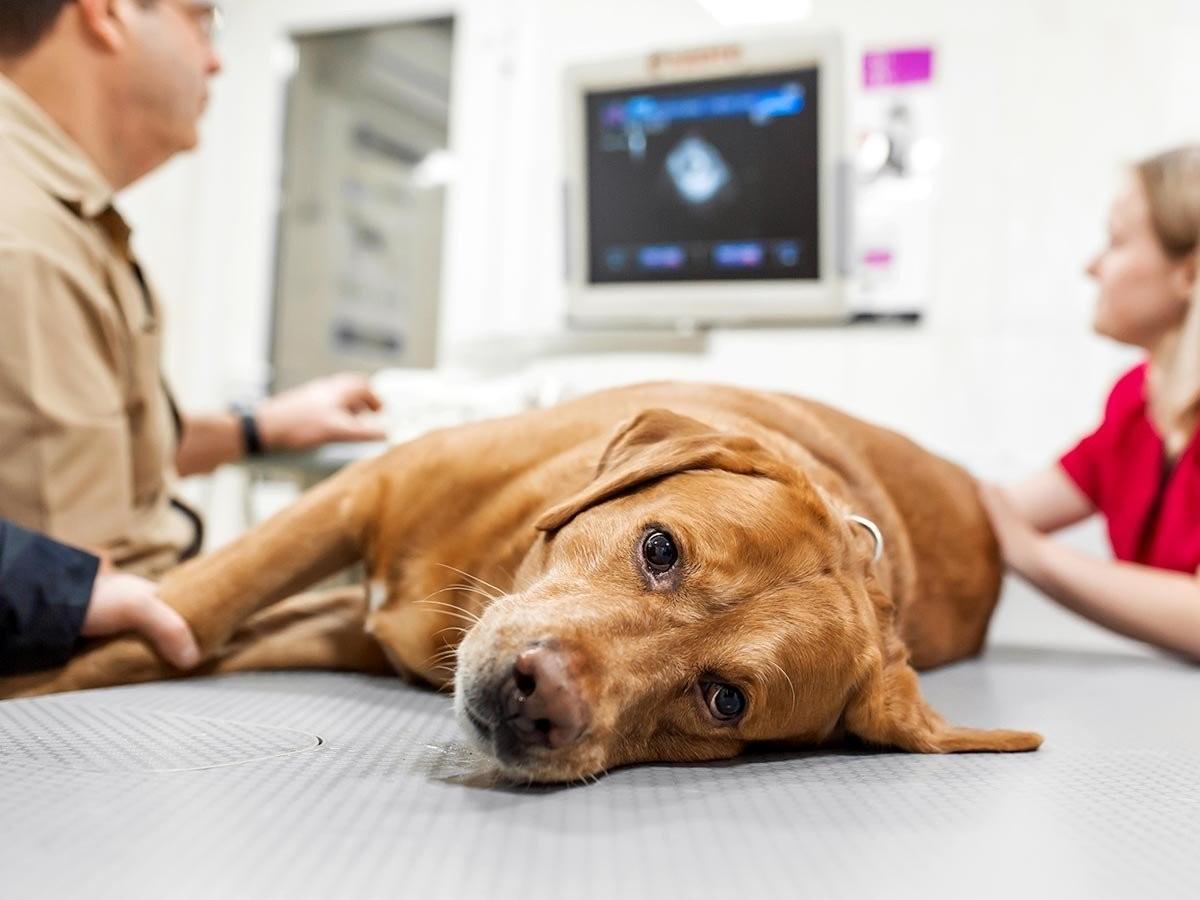At Spot Pet Insurance, we understand that your pets are cherished members of your family, deserving of the best care and protection. Ensuring their well-being means making informed decisions about their environment and the substances they might encounter. One common household substance that raises questions is boric acid. Is it safe for your pets, or could it pose a hidden danger? In this article, we'll delve into the potential risks and benefits of boric acid, offering insights to help you keep your beloved companions safe and healthy. Is boric acid safe for pets? Continue reading below to learn more.
Is It Safe to Use Boric Acid Around Pets?
According to the Florida Department of Agriculture & Consumer Services1, “Boric acid is considered low to moderately toxic to dogs and other mammals when eaten. The formulated product contains only 5% boric acid and is not expected to harm pets. Only ingestion of very large amounts of the granules could cause harm.” However, that does not mean that pet owners should be reckless with their boric acid usage. It is recommended to follow the instructions on the products that you purchase to ensure maximum effectiveness.
What Happens If a Dog Ingested Boric Acid?
If a dog were to ingest a large amount of boric acid, it could lead to serious health issues. Symptoms of boric acid poisoning in dogs include vomiting, diarrhea, drooling, lethargy, and disorientation. In severe cases, it can cause seizures, tremors, and even respiratory failure. If you suspect your dog has ingested boric acid, it's crucial to act quickly. Contact your veterinarian or a poison control center immediately for guidance. Early intervention is essential to minimize the risks and ensure the best possible outcome for your pet's health. Dog insurance plans may help alleviate many of the headaches associated with an emergency vet visit.
Will Cats Lick Boric Acid?
As an expert provider of cat insurance plans, we understand that cats are curious by nature. Cats may lick or ingest substances they encounter, including boric acid. If a cat comes into contact with excessive boric acid, either by licking it off their paws or fur, it can lead to poisoning. Symptoms of boric acid poisoning in cats include drooling, vomiting, diarrhea, weakness, and in severe cases, seizures or respiratory distress. Given their grooming habits, cats are particularly susceptible to ingesting harmful substances.
More About Spot Pet Insurance
Is boric acid safe for pets? For the most part, yes, but if ingested excessively, many issues can occur. Our pet insurance plans provider hopes to have answered your question.
Spot Pet Insurance gives pet parents the opportunity to customize a plan that will match the needs of their pet and their budget. Pet parents can choose their annual deductible, reimbursement rate, and annual limit from a range of options including a plan with unlimited annual limits with no per-incident or lifetime caps. Spot offers both accident-only and accident and illness plans, and pet parents can add a preventive care add-on for an additional fee. Preventive care coverage can cover the eligible costs of routine wellness exams, vaccinations, dental cleanings, and more. Coverage for spay and neutering procedures is available with Spot’s Platinum wellness coverage in addition to other routine veterinary services. To learn more about Spot Plans or to get a free quote, click here.

If you need a story or someone to talk to your cat like a person, I’m your person. With 3 cats, 1 dog, and a lifetime of pets, I write from experience, usually with a cat on my keyboard and a dog in my lap.
Florida Department of Agriculture & Consumer Services. FDAC.gov. (n.d.). https://www.fdacs.gov/ezs3download/download/25410/516289/Bmp_FloridaCitrus2012.pdf











